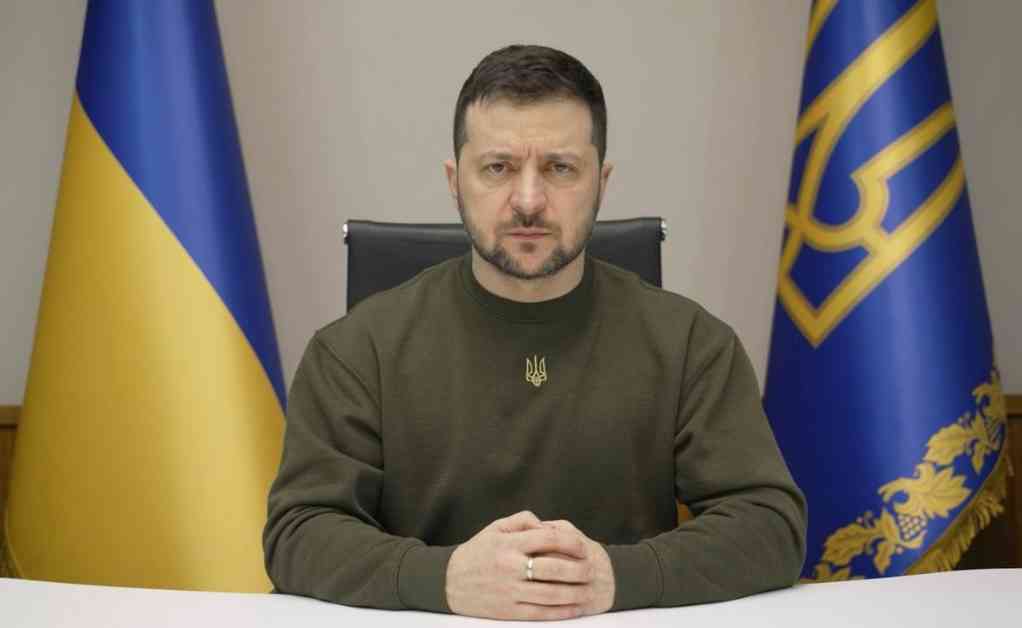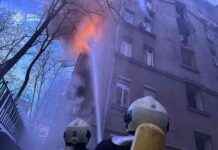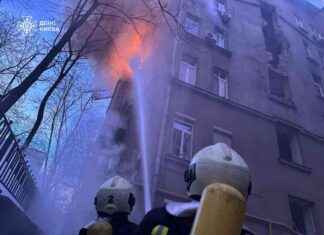Ukraine Urged to Stay Calm Amid US-Russia Talks Commencement
Last weekend, Munich’s Bayerischer Hof hotel hosted a gathering of security leaders that was anything but conventional. Instead of the expected show of solidarity against Russia, US Vice President J.D. Vance took the stage to deliver a surprising critique of Europe, labeling its democracies as fragile and militarily weak. This unexpected turn of events left European leaders in a state of shock, prompting an emergency Paris meeting for strategic reassessment, while US and Russian officials engaged in direct negotiations in Saudi Arabia, excluding European and Ukrainian involvement.
In a surprising twist, Ukraine responded to these developments with remarkable calmness, attributing it to the aftermath of Russia’s 2022 invasion. The Ukrainian leadership’s perspective was notably less panicked than that of their European counterparts. To delve into the implications of these events, we turn to security experts Iryna Krasnoshtan from the International Center for Ukrainian Victory (ICUV) and Olena Trehub of the Independent Anti-Corruption Commission (NAKO).
### Ukraine Teaches a Lesson at Munich Security Conference
“I felt like it is Ukraine came to Munich with a lesson to teach,” says Iryna Krasnoshtan, reflecting on the conference. The shockwaves from Vance’s speech on the first day reverberated through the European leaders, who found themselves scrambling to align with the American agenda. However, following Volodymyr Zelenskyy’s address on the second day, the atmosphere shifted dramatically. Zelenskyy’s composure and resilience resonated with many, inspiring them with hope. Olena Trehub pointed out that Zelenskyy’s leadership positioned Ukraine as a solution, not a problem, noting the country’s battle-tested army and vast combat experience.
The Munich Security Conference not only showcased Ukraine’s strength but also evoked a sense of solidarity among European leaders who physically experienced what it means to be in Ukraine’s shoes for the first time. This newfound understanding of Ukraine’s plight may lead to a shift in European defense strategy and a reevaluation of transatlantic alliances.
### The Paris Summit: A Crucial Test of European Unity
The emergency Paris meeting that followed the Munich conference serves as a litmus test for European unity and commitment. While declarations of support for Ukraine were abundant in Munich, the real challenge lies in translating those words into concrete actions. The rapid response to the Paris gathering was unprecedented, signaling a potential awakening among European leaders to the urgent need for a cohesive defense strategy. However, the critical question remains whether Europe will follow through on its promises with substantial funding and tangible support for Ukraine.
The debate over the establishment of a European army as a counterbalance to NATO highlights the structural imbalances within the alliance and the need for alternative security mechanisms. As the geopolitical landscape evolves, Europe faces the choice of either reinforcing transatlantic alliances or forging new security partnerships, potentially with unexpected allies like China.
### NATO’s Credibility at Stake
The discussions at Munich also shed light on NATO’s credibility and the challenges it faces in adapting to the changing security landscape. While calls for Ukraine’s automatic admission to NATO in the event of another Russian attack raised eyebrows, the need for a cohesive defense strategy that complements NATO rather than undermines it became apparent. The revival of the European army concept and the emphasis on European agency are met with skepticism, as dismantling NATO plays into Russia’s long-term strategic goals.
The pressure on President Zelenskyy to navigate the complex negotiations with the US and Russia while maintaining Ukraine’s interests is mounting. His refusal to accept unfavorable terms and insistence on transparent negotiations reflect Ukraine’s growing leverage on the international stage. Strategic patience emerges as Ukraine’s strongest tool in securing its position and advancing its national interests.
In conclusion, the Munich Security Conference and its aftermath have brought to the forefront the complex interplay of geopolitical interests, security alliances, and national sovereignty. As Ukraine navigates these turbulent waters with resilience and determination, the world watches with bated breath to see how the dynamics between major powers evolve and how smaller nations like Ukraine carve out their place in the global arena.

















